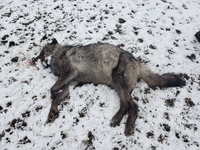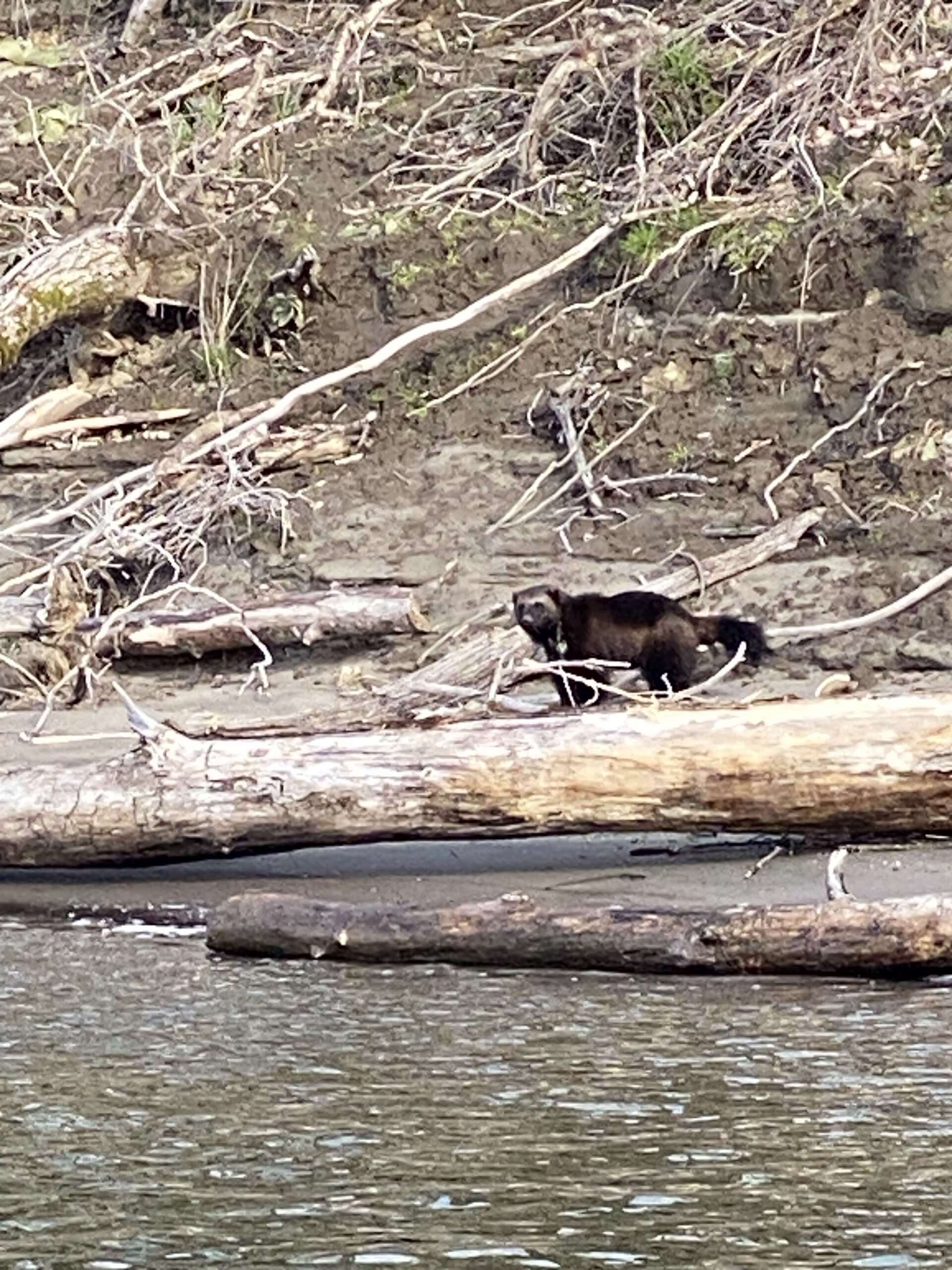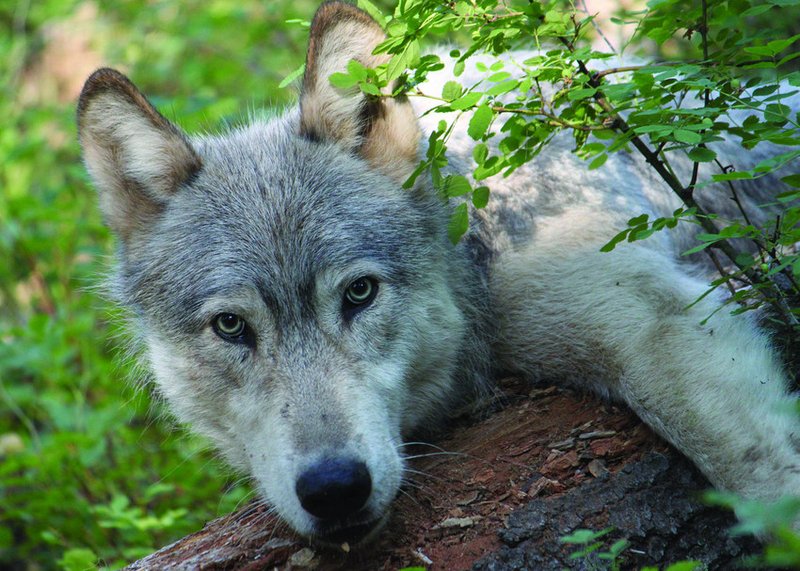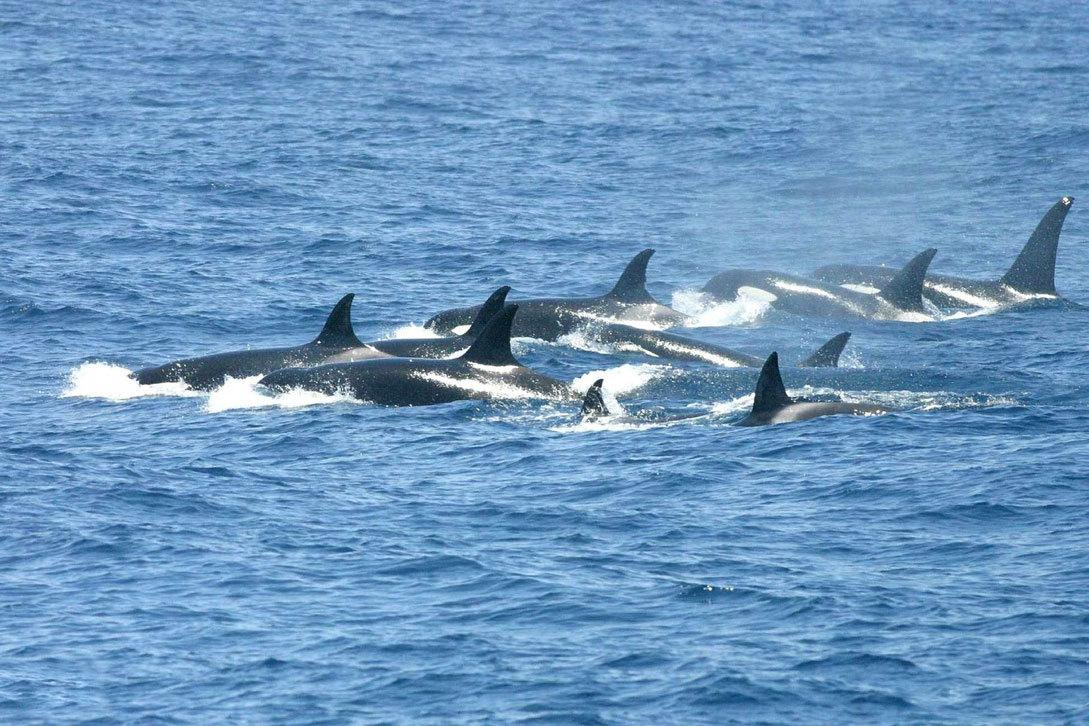Oregon Annual Wolf Report Shows No Population Growth For First Time In 16 Years; ‘The Amount Of Poaching, Other Suspicious Deaths Alarming’
April 18th, 2024
The minimum known count of wolves in Oregon at the end of 2023 was 178 wolves, according to the Oregon Wolf Conservation and Management annual report released this week by the Oregon Department of Fish and Wildlife. This is the same number documented in 2022 and does not include 10 wolves translocated to Colorado in 2023 to help establish a wolf population there.
Final Federal EIS Proposes Establishment Of Experimental Grizzly Bear Population In North Cascades National Park
April 5th, 2024
The National Park Service and U.S. Fish and Wildlife Service have published a final Environmental Impact Statement that identifies the preferred alternative to reintroduce grizzly bear into the North Cascades Grizzly Bear Recovery Zone, including North Cascades National Park.
Oregon Fish and Wildlife Commission Votes To List Southern Resident Orcas As Endangered Under State ESA, Forage Near Mouth Of Columbia
February 23rd, 2024
The Oregon Fish and Wildlife Commission has voted unanimously to list Southern Resident orcas as endangered under Oregon's Endangered Species Act. Southern Resident orcas now number just 75 whales in three pods and have been listed as endangered under federal law since 2005.
Montana Files Notice Of Intent To Sue USFWS Over Recent Wolverine ESA Listing
February 2nd, 2024
Montana Fish, Wildlife & Parks has notified the U.S. Fish and Wildlife Service of its intent to pursue legal action over the recent listing of wolverines as a threatened species.
Montana Survey Shows Tolerance Of Wolves Way Up Among State’s General Population, Tolerance of Wolf Hunting Down
January 18th, 2024
Montanans have varying attitudes and beliefs about wolves and wolf management, and over time some of those feelings have shifted, according to a new survey conducted cooperatively by Montana Fish, Wildlife & Parks and the University of Montana.
Washington Governor Directs WDFW To Draft New Rules For Handling Wolf-Livestock Conflicts
January 18th, 2024
Washington Gov. Jay Inslee last week directed the Washington Fish and Wildlife Commission to draft new rules to guide when wolves can be killed for conflict with livestock and prioritize using nonlethal methods of conflict deterrence over killing wolves.
Canadian Researchers Find Toxic Chemicals From Oil Spills, Wildfire Smoke (PAHs) In Killer Whales, Transfers Mother To Fetus
January 5th, 2024
Toxic chemicals produced from oil emissions and wildfire smoke have been found in muscle and liver samples from Southern Resident killer whales and Bigg’s killer whales.
USFWS Reverses Course, Lists North American Wolverine As Threatened Under ESA, Taking Comment On Rule Allowing Certain ‘Take’ Activities
November 30th, 2023
The U.S. Fish and Wildlife Service has announced its final rule to list the distinct population segment of the North American wolverine in the contiguous U.S. as a threatened species under the Endangered Species Act.
Conservation Groups File Appeal Urging Washington Governor To Order New Rules For Wolf-Killing
November 30th, 2023
Conservation groups this week filed an appeal asking Washington Gov. Jay Inslee to order the Washington Fish and Wildlife Commission to draft enforceable rules that limit when the state can kill endangered wolves for conflicts with livestock.








